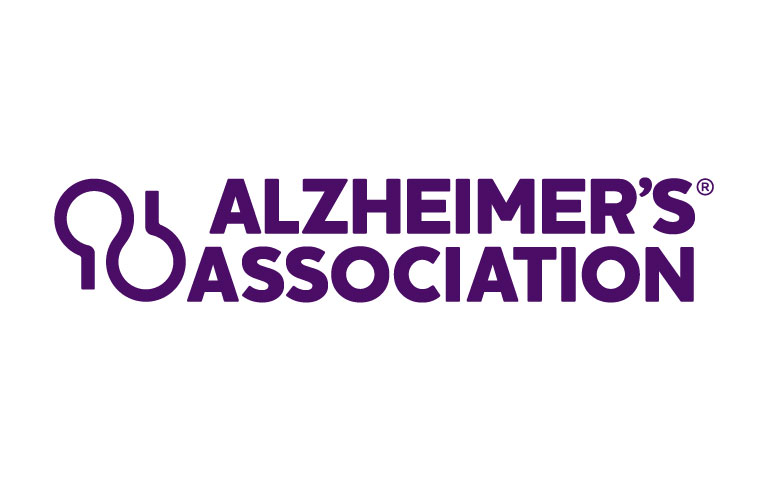Rosecrance Behavioral Health, with two locations in the Quad Cities, has announced its team of health experts helped a record-setting 56,734 people realize their brightest future in fiscal year 2024.
In a news release, Rosecrance said the achievement marks a significant turning point, underscoring its heightened focus on addressing the mounting demand for behavioral health services.
Headquartered in Rockford, Illinois, Rosecrance has 60 locations in Illinois, Wisconsin and Iowa. That includes clinics in Davenport and Moline. Founded in 1916, Rosecrance is an integrated network of behavioral health services with a community of 1,400 professionals caring for and supporting more than 50,000 people annually.
“At Rosecrance, we’re dedicated to more than just providing solutions; we’re nurturing positive transformation in individuals’ lives, their close circles, and the community as a whole,” Rosecrance Behavioral Health President and CEO Dave Gomel said in the release.
“Our goal is to empower, inspire change, and keep the flame of hope burning for those facing life’s more challenging struggles. Every day presents an opportunity to make a difference.”
Demand for help is up
Demand for assistance with anxiety and depression has surged, while there also has been a noticeable uptick in trauma- and stressor-related disorders and substance use disorders.
Citing an American Psychological Association survey, the release said this trend is concerning as psychologists have noticed a consistent pattern over the past three years – an increasing number of patients requiring more intensive care and exhibiting more severe symptoms compared to previous years.
Substance use disorders also continue to be a concern. Although millions of Americans, aged 12 and older, meet the criteria for needing substance use treatment, only one in four received treatment, according to the Substance Abuse and Mental Health Services Administration.
Rosecrance said it assisted clients struggling with their mental health and substance use by strengthening its continuum of care, lowering barriers to treatment, and establishing outpatient clinics in more communities to increase access to quality behavioral health services that help them thrive.







